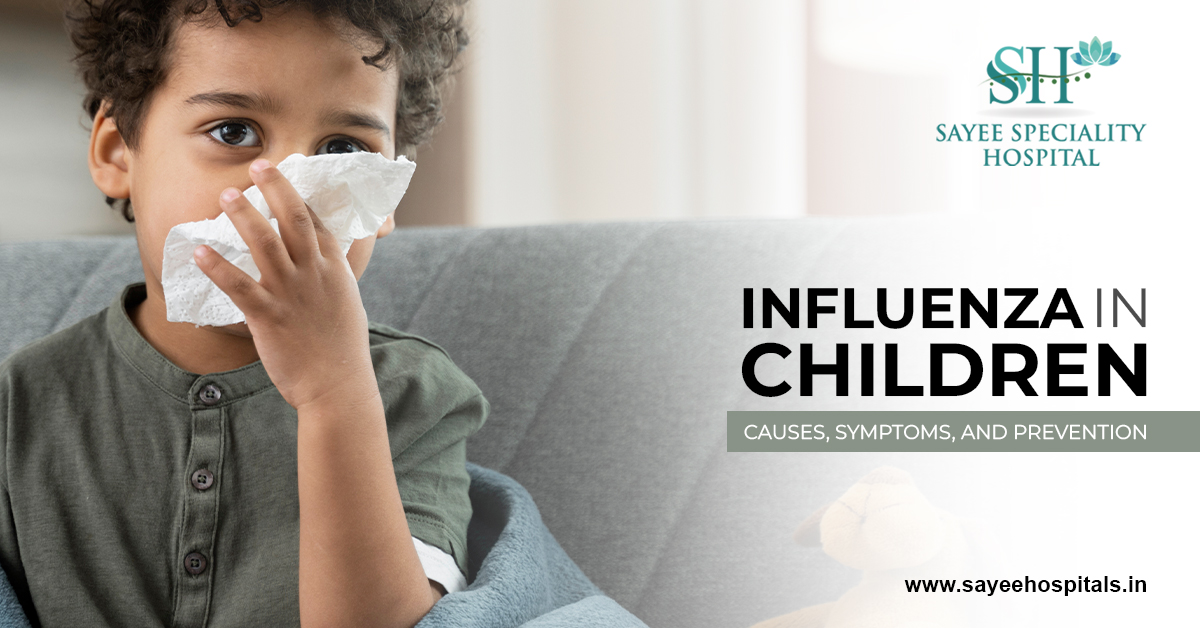
Influenza In Children: Causes, Symptoms, And Prevention
Influenza, commonly known as the flu, is a contagious viral infection that affects the respiratory system, particularly the lungs and airways. While most children recover within a week, some may develop severe complications requiring hospitalization. In extreme cases, the flu can lead to pneumonia or even death. Types of Influenza Viruses Influenza A & B: […]
read more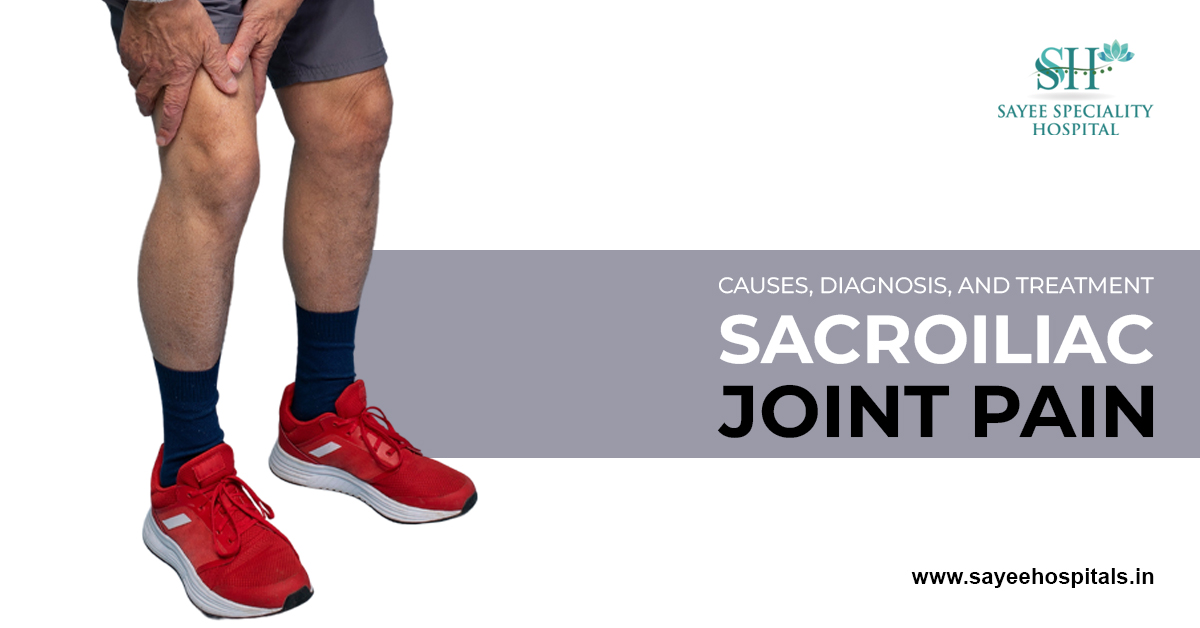
Sacroiliac Joint Pain: Causes, Diagnosis, And Treatment
The sacroiliac (SI) joint plays a crucial role in linking the iliac bones (pelvis) to the sacrum, the lowest part of the spine just above the tailbone. It helps absorb shock, preventing excessive impact on the spine. However, this joint can also be a common source of lower back pain when injured or affected by […]
read more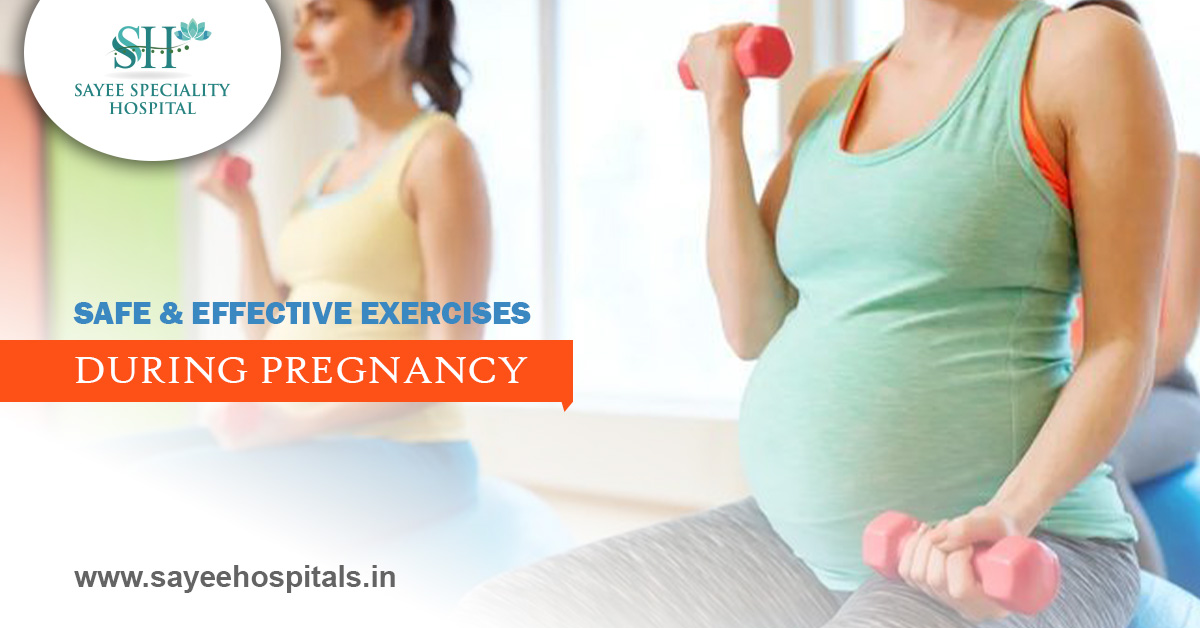
Safe And Effective Exercises During Pregnancy
Staying active throughout pregnancy offers a range of benefits for both mother and baby. Regular exercise helps improve sleep quality, boosts circulation, enhances posture, releases endorphins, promotes overall well-being, and supports a healthy weight. It can also lower the risk of gestational diabetes and high blood pressure while preparing the body for childbirth. Indulge in […]
read more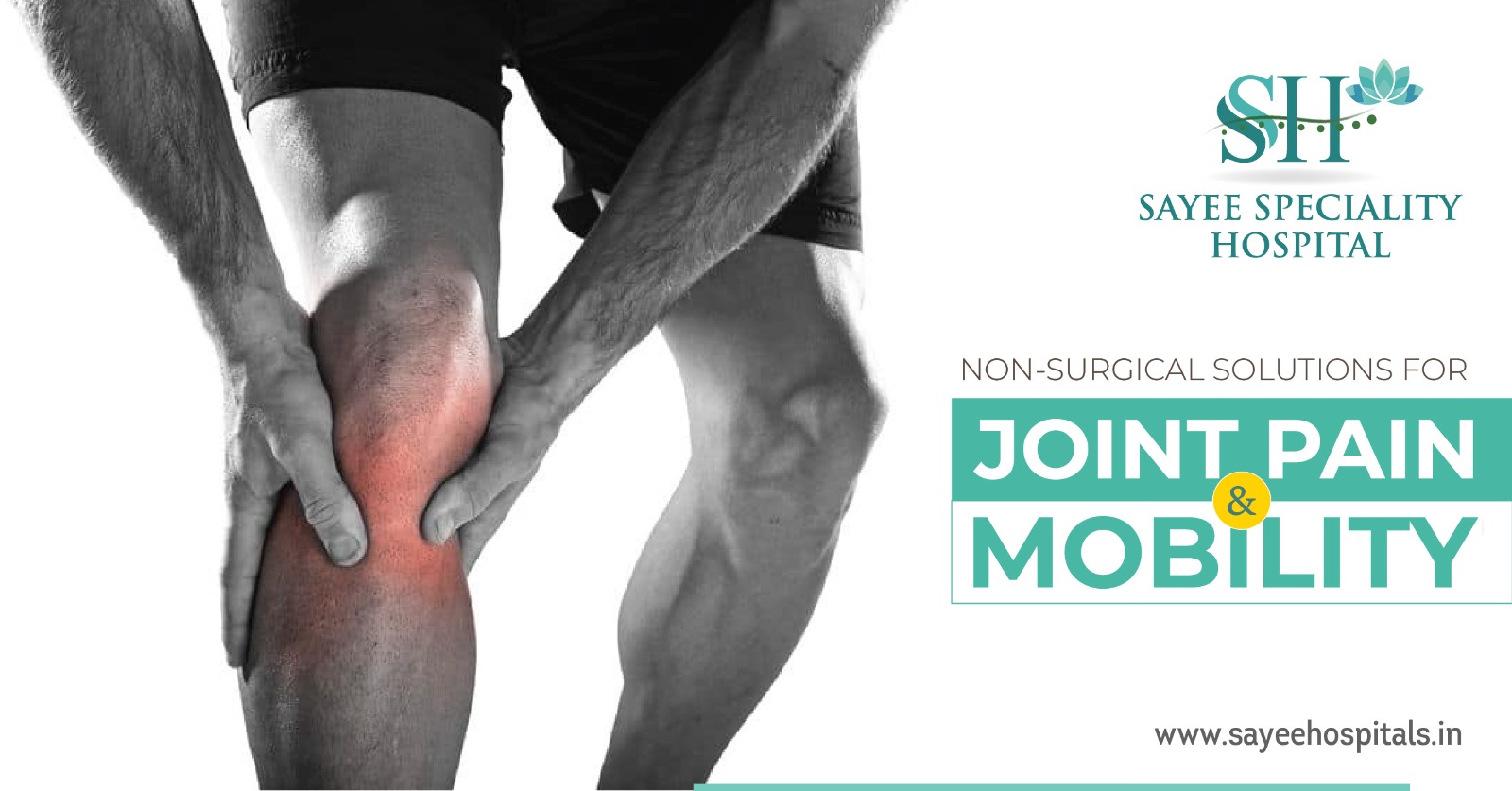
Non-Surgical Solutions For Joint Pain And Mobility
Joint pain and injuries affect many individuals, but surgery is not always the only option. A range of non-surgical treatments can help reduce pain, improve mobility, and restore daily function. These treatments are particularly beneficial for those who are not ideal candidates for joint replacement due to health conditions or early-stage arthritis. Customized Non-Surgical Treatment […]
read more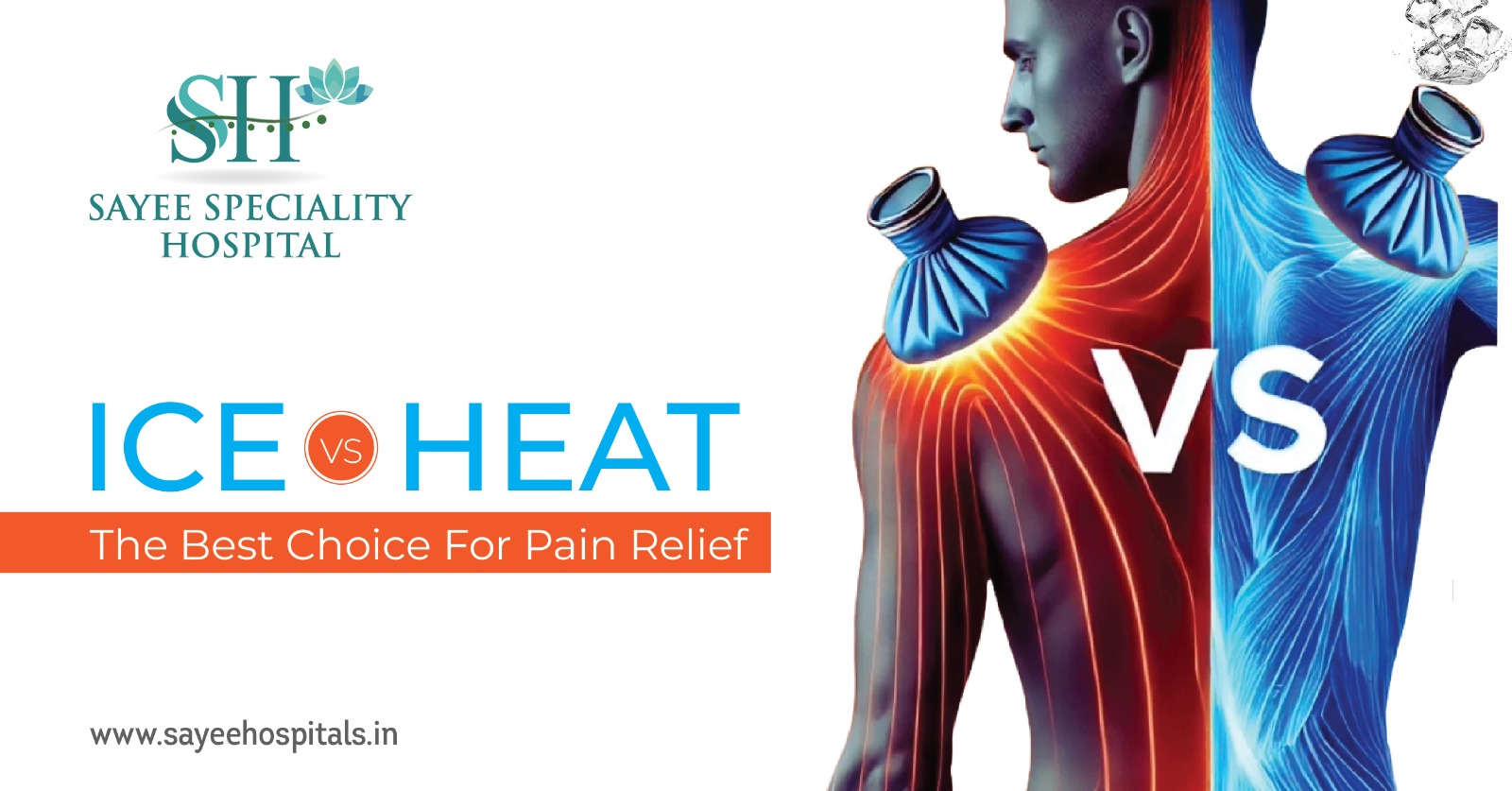
Ice Vs. Heat: The Best Choice For Pain Relief
At some point, almost everyone experiences muscle strain or ligament irritation. The pain can disrupt daily life, making effective relief essential. But should you use ice or heat? Understanding Inflammation Inflammation is the body’s natural response to injury. It brings fluid and healing components to the affected area, but the swelling also creates pressure, leading […]
read more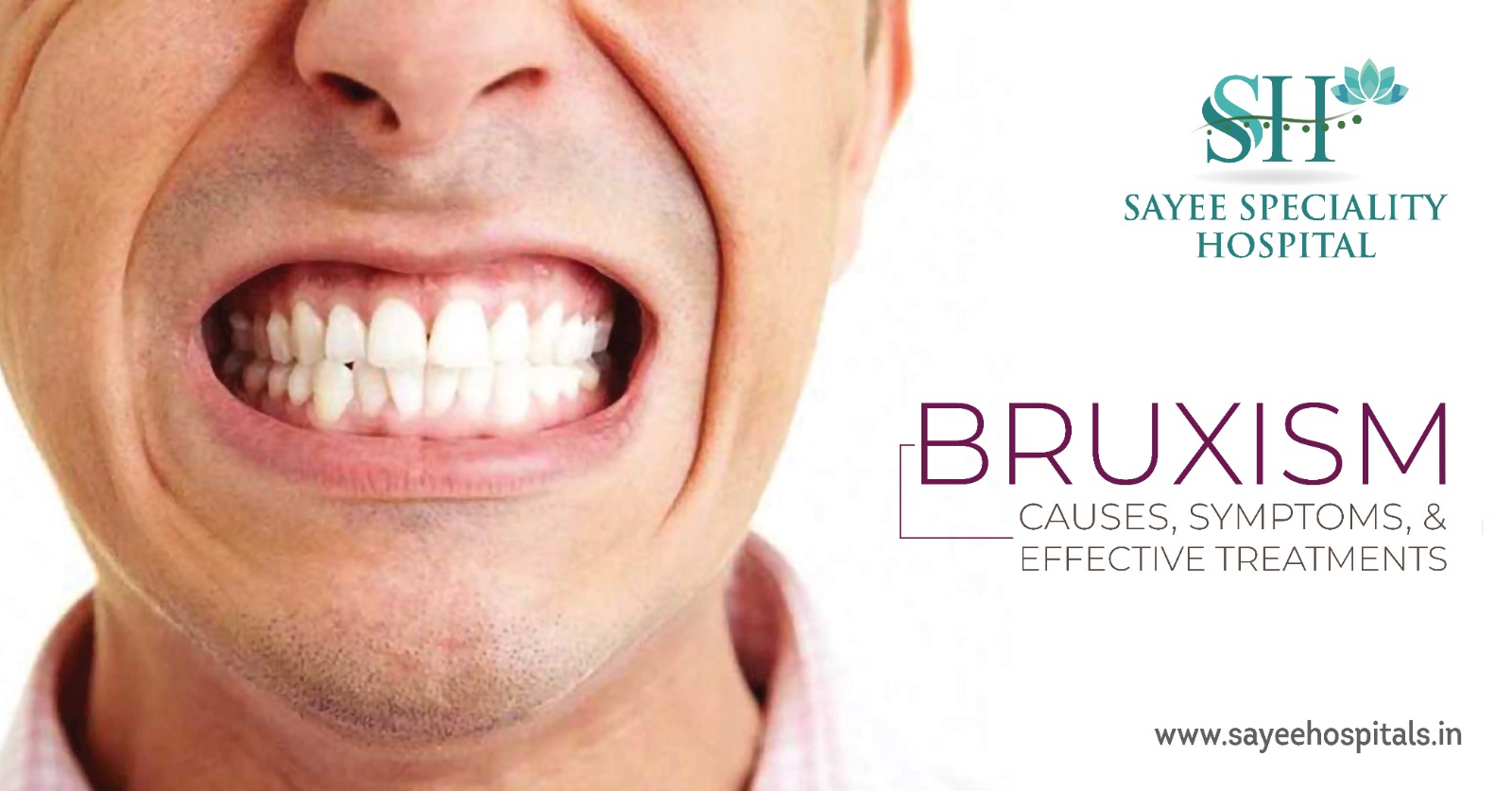
Bruxism: Causes, Symptoms, And Effective Treatments
Waking up with a sore jaw, headache, or neck pain after a seemingly restful night may be a sign of bruxism, a condition where individuals unconsciously grind their teeth or clench their jaw during sleep. It affects nearly 1 in 10 adults, 15% of adolescents, and up to 50% of children, often leading to chronic […]
read more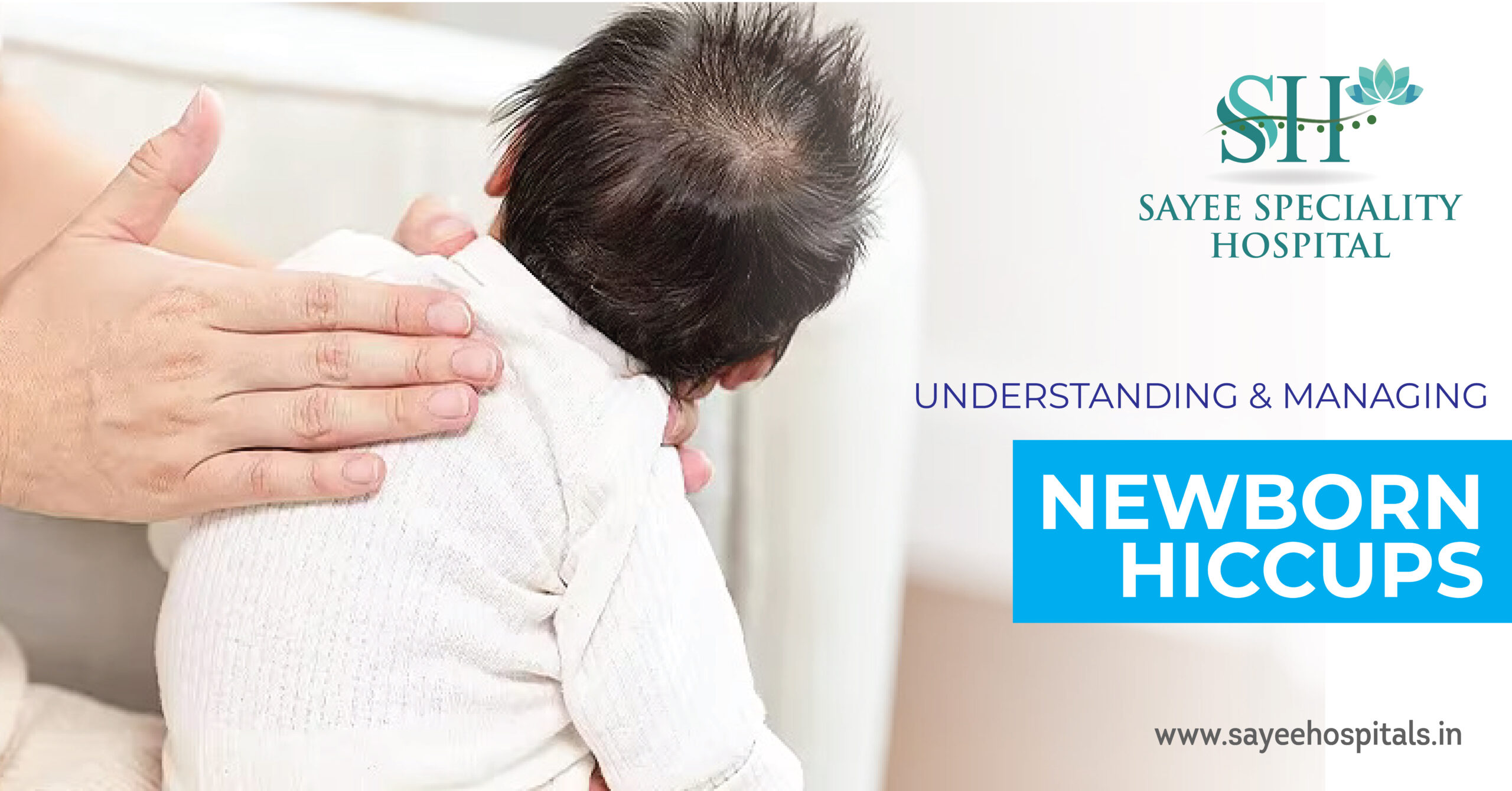
Understanding And Managing Newborn Hiccups
Newborn hiccups are a common occurrence, particularly in babies under 12 months, and are generally not a cause for concern. While the reason behind these hiccups isn’t entirely understood, research suggests that they may actually play a role in promoting brain development and respiratory functions. Hiccups in newborns happen due to spasms in the diaphragm, […]
read more
Essential Nutrients And Supplements For A Healthy Pregnancy
A well-balanced diet is the foundation of a healthy pregnancy, ensuring both the mother’s well-being and the baby’s proper growth and development. Proper maternal nutrition provides essential vitamins and minerals that support fetal development, prevent complications, and promote overall health. Deficiencies in critical nutrients can lead to birth defects, low birth weight, and other health […]
read more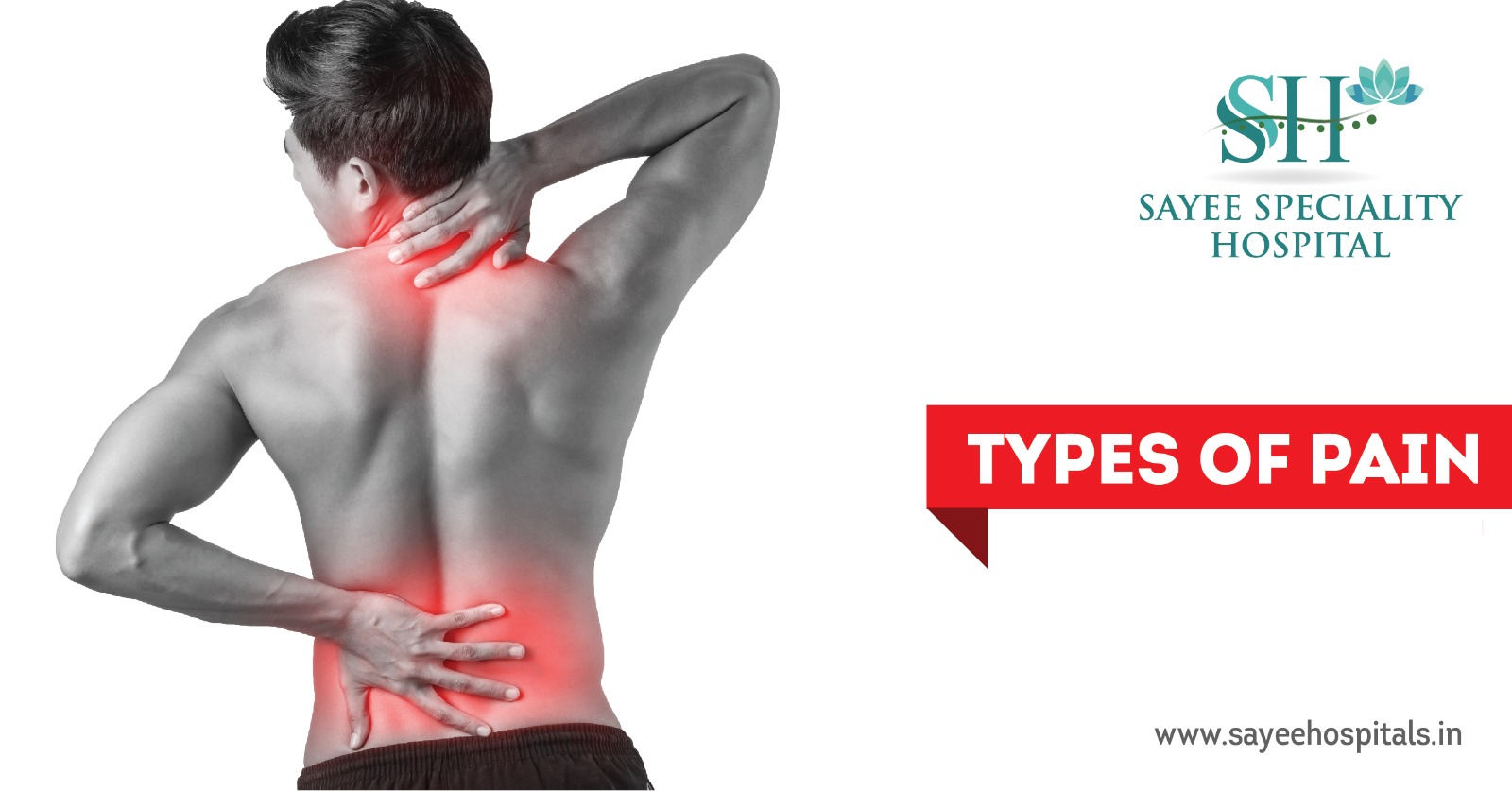
Types Of Pain
Pain can be classified into two primary types: neuropathic pain and nociceptive pain. These types of pain are distinguished by their causes and how they affect the body. Neuropathic Pain Neuropathic pain originates from the nerves or nervous system. It often results from nerve damage or diseases like sciatica or conditions caused by a bulging […]
read more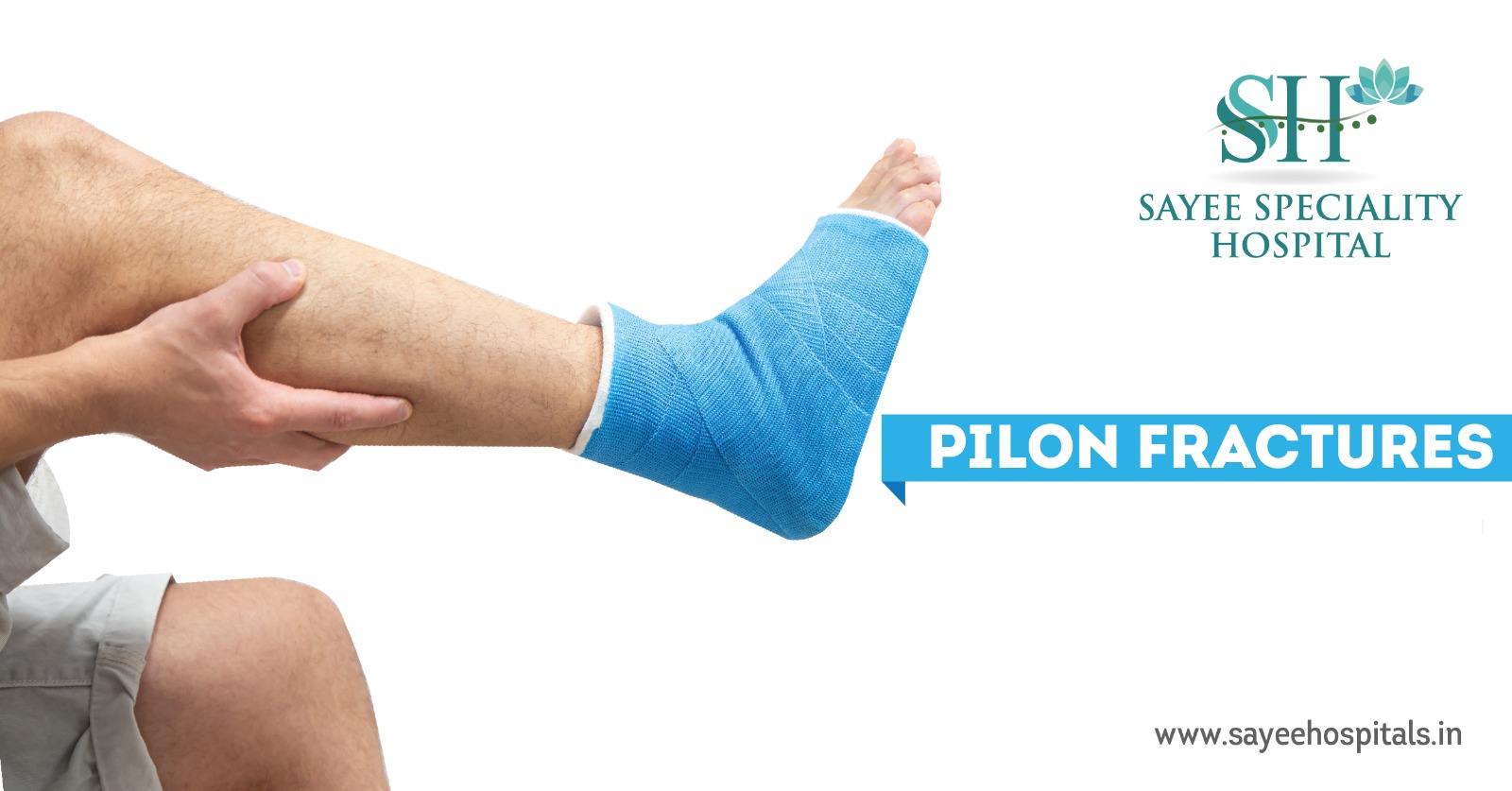
Pilon Fracture
A pilon fracture is a specific break in the lower shinbone (tibia) near the ankle joint, often involving multiple bone fragments. In some cases, the smaller fibula bone also breaks. These fractures are typically complex fractures and require specialized treatment due to their complexity. Causes of Pilon Fractures Pilon fractures often result from high-energy impacts. […]
read more